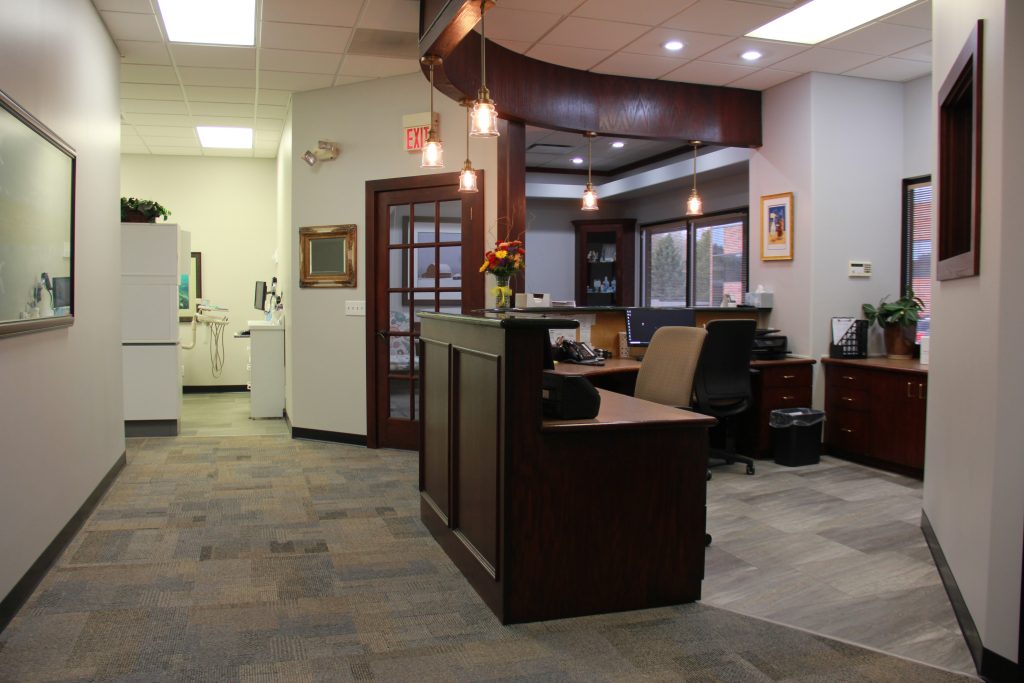 An Appliance for Better Bite Function
An Appliance for Better Bite Function
When most people think of dental health trouble, they immediately think of issues such as tooth decay and gum disease. However, your teeth can be harmed by more than harmful plaque, and your oral health can be affected by more than just diseased gums. For example, if you suffer from bruxism, or chronic teeth-grinding, then your teeth could be wearing each other down. If you have TMJ (temporomandibular joint) disorder, then every time you bite and chew could lead to further damage to your jaw joints.
Diagnosing chronic bruxism
Grinding your teeth might seem obvious, but when you have bruxism, it occurs more often than you notice. For many people, bruxism is typically a nighttime condition, meaning they grind their teeth most often and most forcefully while they sleep. This can make bruxism difficult to detect for most patients, though symptoms such as tooth sensitivity and sore, aching jaw muscles can often hint at it. During your routine exam, we might also detect bruxism through signs such as excessively worn tooth structure and weakened areas of your tooth enamel.
Pinpointing your TMJ disorder
Temporomandibular joints are the two joints that control your jaw’s movement, and if you experience bruxism, then you’re at a heightened risk of developing TMJ disorder. This can manifest as damage, misalignment, inflammation, or excessive stress in one or both joints, and can lead to a variety of painful symptoms, including:
- Chronic headaches
- Pain and ringing in your ears (tinnitus)
- Frequently painful and sore jaw muscles
- Sore, painful neck and shoulder muscles
- Popping or clicking jaw joints
- And more
Improving bite function with a custom appliance
If we detect signs of bruxism and/or TMJ disorder during your routine exam, then we may be able to help you alleviate the symptoms with the help of a custom-designed oral appliance. The appliance can stop teeth from grinding against each other throughout the night, preventing extensive wear and damage to their structures. Or, it can support your lower jaw more comfortably to give your TMJs and jaw muscles time to heal and recuperate while you sleep.
Custom bruxism and TMJ appliances
Chronic teeth-grinding (bruxism) and jaw dysfunction (TMJ disorder) can cause diminished bite function, increasing discomfort, difficulty biting and chewing, and more. For more information, schedule a consultation by calling Pacific Hills Dental in Omaha, NE, today at (402)330-2243.We proudly serve patients who live Omaha, Papillion, Elkhorn, La Vista, and Millard, and all surrounding communities.



